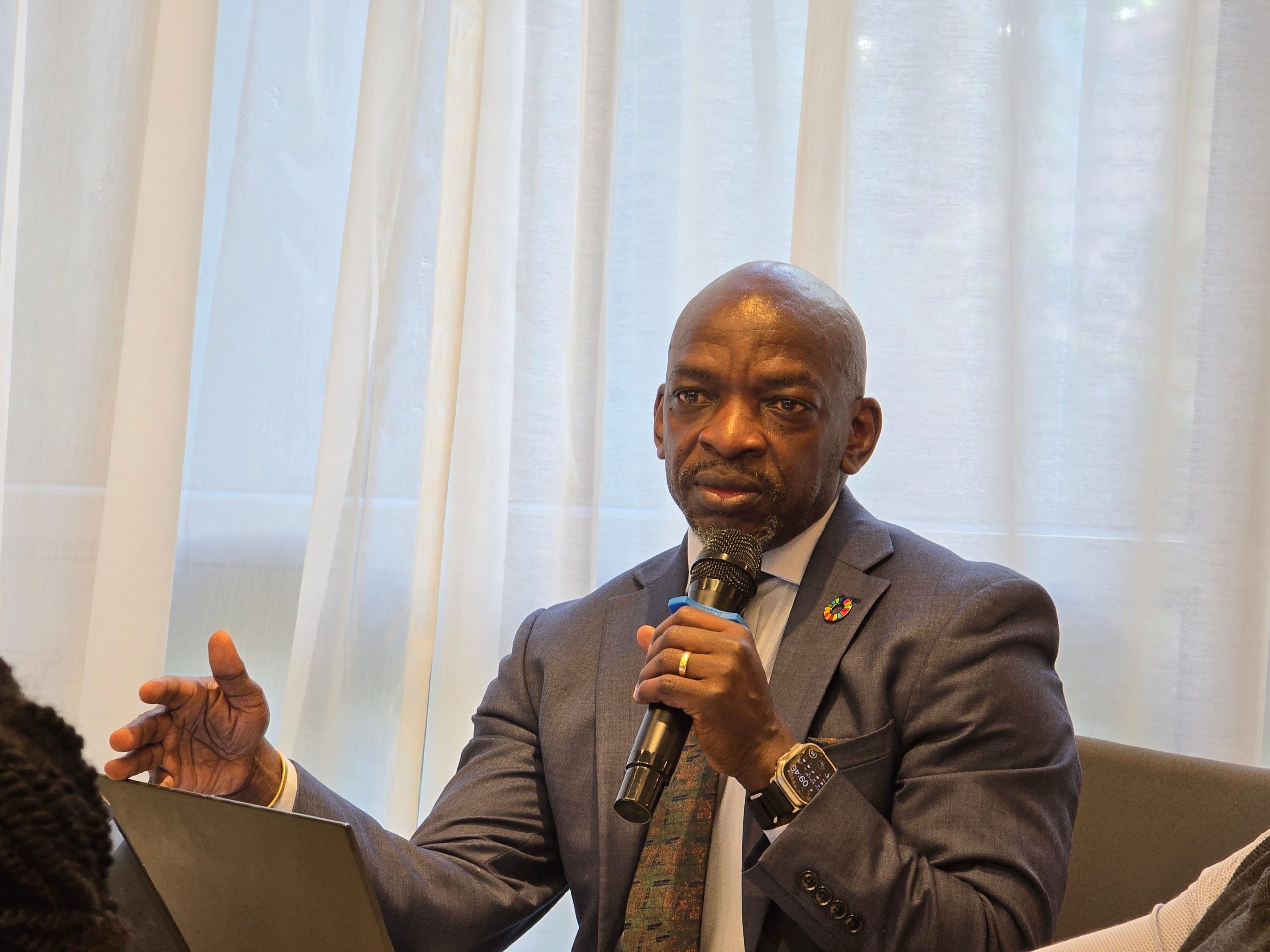By Boaz Blackie Keizire
As Africa approaches the SDGs deadline, the next five years are critical for making substantial progress in transforming its food systems. This year in July and in Addis Ababa Ethiopia, Africa is privileged to host the second United Nations Food Systems Summit Stocktake, another stocktaking moment, 4 years after the UN Food Systems Summit (UNFSS+4). These moments pose a critical challenge for Africa but alco comes with an opportunity. Africa’s food systems are undergoing a quiet revolution, led by visionary individuals and organizations dedicated to achieving food security and supporting the UN Sustainable Development Goal (SDG) of Zero Hunger. From smallholder farmers and agri-tech innovators to policymakers and development partners, these change-makers are reshaping the continent’s agricultural landscape. They deserve our recognition, support, and celebration—not only because their work feeds millions but also because they embody Africa’s resilience, ingenuity, and commitment to a food-secure future.
Africa is blessed with vast arable land, diverse climatic zones, and a youthful population that could turn agriculture into a thriving economic sector. Yet, hunger remains a persistent challenge. According to the Food and Agriculture Organization (FAO), over 280 million people in Africa face food insecurity. Climate change, supply chain disruptions, conflicts, and economic inequalities continue to hinder progress. However, amidst these challenges, Africans are rising to the occasion, driving solutions that are both locally relevant and globally significant.
Across the continent, farmers, entrepreneurs, and researchers are revolutionizing agriculture. In Nigeria, agripreneurs like Nnaemeka Ikegwuonu, founder of ColdHubs, are tackling post-harvest losses with solar-powered cold storage solutions. In Kenya, women-led cooperatives are pioneering drought-resistant crops and sustainable irrigation techniques. In Ethiopia, policy reforms have enabled smallholder farmers to access better markets and improve yields.
Innovators like James Mwangi of Equity Bank, Prof Eric Danquah, Dr Catherine Nakalembe, Tinotenda Mhiko and Eleni Gabremadin as well Dr. Agnes Kalibata are championing initiatives that empower farmers with knowledge, financing, and access to quality seeds. These efforts are transforming lives by enhancing productivity and ensuring food reaches those who need it most. The impact of such initiatives extends beyond agriculture; it fuels job creation, enhances economic stability, and fosters social equity.
One of the most remarkable aspects of Africa’s food systems transformation is the infusion of technology and innovation. Mobile-based platforms like Twiga Foods in Kenya and FarmCrowdy in Nigeria are connecting farmers to markets, reducing inefficiencies, and ensuring fairer prices. Precision agriculture, powered by artificial intelligence and satellite technology, is helping farmers predict weather patterns and optimize crop production.
Moreover, African scientists are at the forefront of developing climate-smart crops resistant to drought and pests. The African Agricultural Technology Foundation (AATF) and national research institutions are advancing biotechnology to improve food production. Such innovations ensure that Africa is not just a consumer of global agricultural advancements but a contributor to them.
No discussion about Africa’s food systems would be complete without acknowledging the pivotal role of women and youth. Women produce up to 70% of Africa’s food, yet they often lack access to land, credit, and agricultural inputs. Celebrating and investing in women farmers and agripreneurs is essential to unlocking Africa’s food potential.
Similarly, young people are bringing fresh perspectives to agriculture, blending traditional knowledge with digital tools. Programs like the African Youth Agripreneurs Forum (AYAF) are nurturing young agri-innovators, providing them with skills, mentorship, and financing. Recognizing and celebrating these youth-led initiatives can inspire a new generation to view agriculture as a lucrative and impactful career.
The role of policymakers and development organizations cannot be overlooked. Governments implementing policies that prioritize local food production, improve infrastructure, and provide incentives for agribusinesses are laying the foundation for a resilient food system. The African Continental Free Trade Area (AfCFTA) presents an opportunity to boost intra-African trade in agricultural products, reducing dependency on imports and strengthening food sovereignty.
Additionally, partnerships with global and regional institutions such as the African Development Bank (AfDB), the United Nations Food Systems Summit, and AGRA amplify efforts to achieve food sufficiency. These collaborations bridge gaps in financing, technology transfer, and knowledge-sharing, accelerating progress toward food security.
Recognizing the individuals and organizations leading Africa’s food transformation is not just about praise; it is about amplifying their impact. When we celebrate these pioneers, we validate their work, encourage further innovation especially amounts youth, and attract investments that can scale their solutions. Awards, media features, and policy dialogues highlighting their contributions can inspire others to join the movement.
Furthermore, storytelling is a powerful tool. Showcasing success stories—whether through documentaries, social media campaigns, or literature—can reshape narratives around African agriculture. Instead of a continent plagued by hunger, Africa should be seen as a land of opportunity, teeming with solutions and driven by its own people.
Africa’s journey toward food security is fueled by the dedication, resilience, and ingenuity of its people. Celebrating those who are transforming food systems is not just a moral duty; it is a strategic necessity. By uplifting these heroes, we accelerate progress toward the UN SDG of Zero Hunger, inspire future generations, and solidify Africa’s place as a global leader in sustainable agriculture. Now, more than ever, the world must recognize and support Africa’s food system champions—because their success is a victory for us all. This is the reason behind the $100,000 prize that we invite nominations for individuals, men and women, young and old, as well as institutions to compete for this momentous award. Please reach out tous through the Africa Food Prize website and nominate.
Mr Keizire is the Director for Policy and State Capacity at AGRA and also the Head of Africa Food Prize Secretariat.
